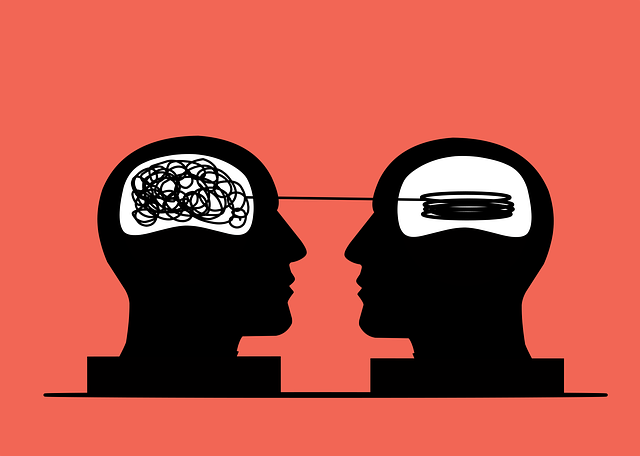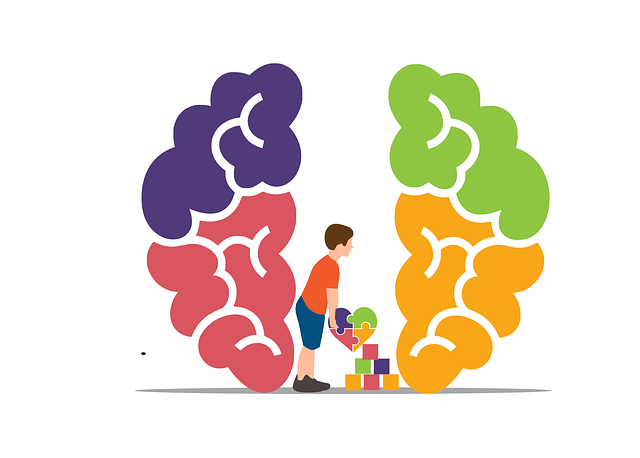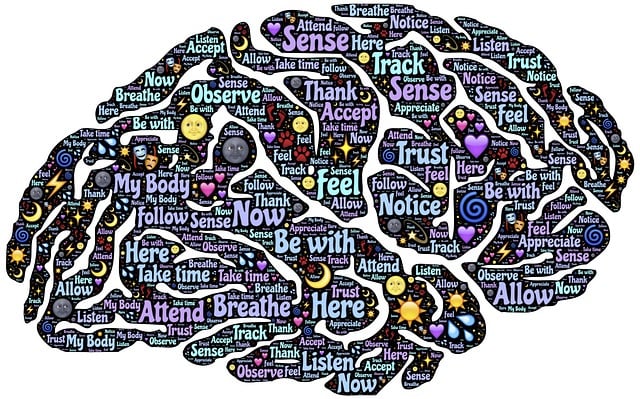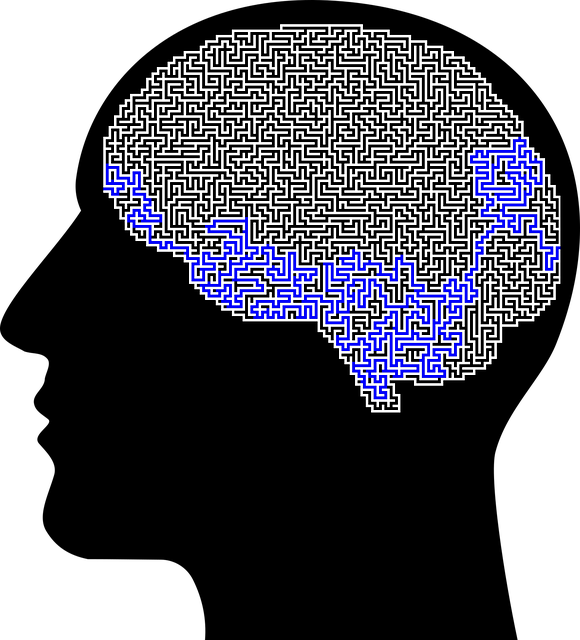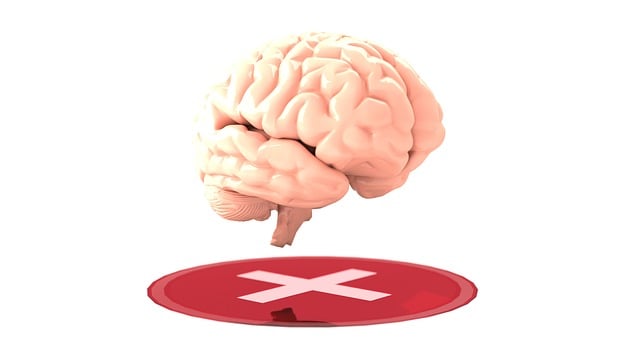Emotional Intelligence (EI) is a universal skill benefiting people of all ages. Recognizing, understanding, and managing emotions improves relationships, communication, and decision-making. For adolescents, developing EI helps navigate emotional challenges, improve peer dynamics, and build resilience against stress and anxiety. Elders can enhance quality of life and social connections through improved emotional awareness. Tailored therapy, including cognitive-behavioral therapy (CBT), Mind Over Matter principles, and culturally sensitive practices, empowers individuals to cultivate stronger EI and overall well-being, particularly for adolescents, teens, and elders experiencing unique age-related challenges.
Emotional intelligence (EI) is a powerful tool that empowers individuals to navigate life’s challenges with grace. This article explores the multifaceted nature of EI, delving into its significance across age groups, from adolescents and teens to elders. We uncover practical strategies for enhancing EI in youth, focusing on therapeutic interventions tailored for their developmental stage. Additionally, we highlight the role of therapy in fostering emotional intelligence in elders, offering insights into maintaining mental agility as one ages.
- Understanding Emotional Intelligence and Its Significance Across Age Groups
- Strategies for Enhancing Emotional Intelligence in Adolescents and Teens
- The Role of Therapy in Nurturing Emotional Intelligence in Elders
Understanding Emotional Intelligence and Its Significance Across Age Groups

Emotional intelligence (EI) is a vital skill that transcends age groups, impacting individuals from adolescents to elders. It involves recognizing, understanding, and managing one’s own emotions, as well as empathizing with and responding appropriately to the feelings of others. This ability fosters better relationships, enhances communication, and promotes effective decision-making. For adolescents and teens, developing EI can help navigate turbulent emotions, improve peer interactions, and build resilience against stress and anxiety relief. Similarly, elders can benefit from improved emotional awareness, leading to enhanced quality of life and more fulfilling social connections.
Therapy for elders, adolescent, and teens often incorporates the Mind Over Matter principles, emphasizing the power of mental and emotional control. Cultural sensitivity in mental healthcare practice is also crucial, ensuring that EI development is tailored to diverse backgrounds and experiences. By integrating these approaches, professionals can help individuals across age groups cultivate stronger emotional intelligence, ultimately contributing to better overall well-being.
Strategies for Enhancing Emotional Intelligence in Adolescents and Teens

Building emotional intelligence (EI) during adolescence and teen years is a crucial process for personal growth and healthy relationships. This period is characterized by intense emotional experiences, making it an opportune time to cultivate EI skills. Here are some effective strategies to enhance EI in this demographic:
Engaging in therapy tailored for adolescents and teens can significantly contribute to their emotional intelligence development. Cognitive-behavioural therapy (CBT) is a popular approach that helps young individuals understand and manage their emotions, thoughts, and behaviours. Through CBT, teens learn to identify triggers for strong emotions, challenge negative thought patterns, and develop coping strategies. Additionally, group therapy sessions can foster peer connections, encouraging the exchange of emotional experiences and strategies. Stress management workshops organized by mental health awareness advocates or schools can also empower adolescents with tools to navigate stressful situations, improving their overall emotional resilience.
The Role of Therapy in Nurturing Emotional Intelligence in Elders

The role of therapy in nurturing emotional intelligence among elders is an increasingly recognized aspect of holistic well-being. As individuals age, they often face unique challenges that can impact their mental health and overall emotional resilience. Therapy provides a safe space for elders to explore these issues, fostering an environment conducive to learning and growth. Through evidence-based practices tailored to the specific needs of seniors, therapists can help them develop coping skills essential for managing stress, anxiety, and other age-related concerns. This process not only enhances their quality of life but also contributes significantly to the development of emotional intelligence—a key factor in maintaining strong interpersonal relationships and overall mental wellness.
For elders, therapy can be a powerful tool for reinterpreting life experiences, understanding one’s emotions, and cultivating mindfulness, all of which are Mind Over Matter principles that promote emotional resilience. Mental wellness coaching programs designed specifically for seniors can further reinforce these concepts. By addressing the unique challenges faced by adolescents and teens as well, therapists can help shape their emotional intelligence from a young age, ensuring they have the tools to navigate life’s complexities with greater ease. This early intervention can be instrumental in preventing or mitigating mental health issues later in life.
Emotional intelligence, a vital skill across all age groups, can be cultivated and enhanced through various strategies. For adolescents and teens, implementing certain techniques can foster their emotional awareness and management. Meanwhile, therapy plays a significant role in nurturing emotional intelligence in elders, offering them support to navigate life’s challenges with greater resilience and understanding. By recognizing the importance of emotional intelligence and employing suitable methods, individuals from different age ranges can improve their overall well-being and relationships.

